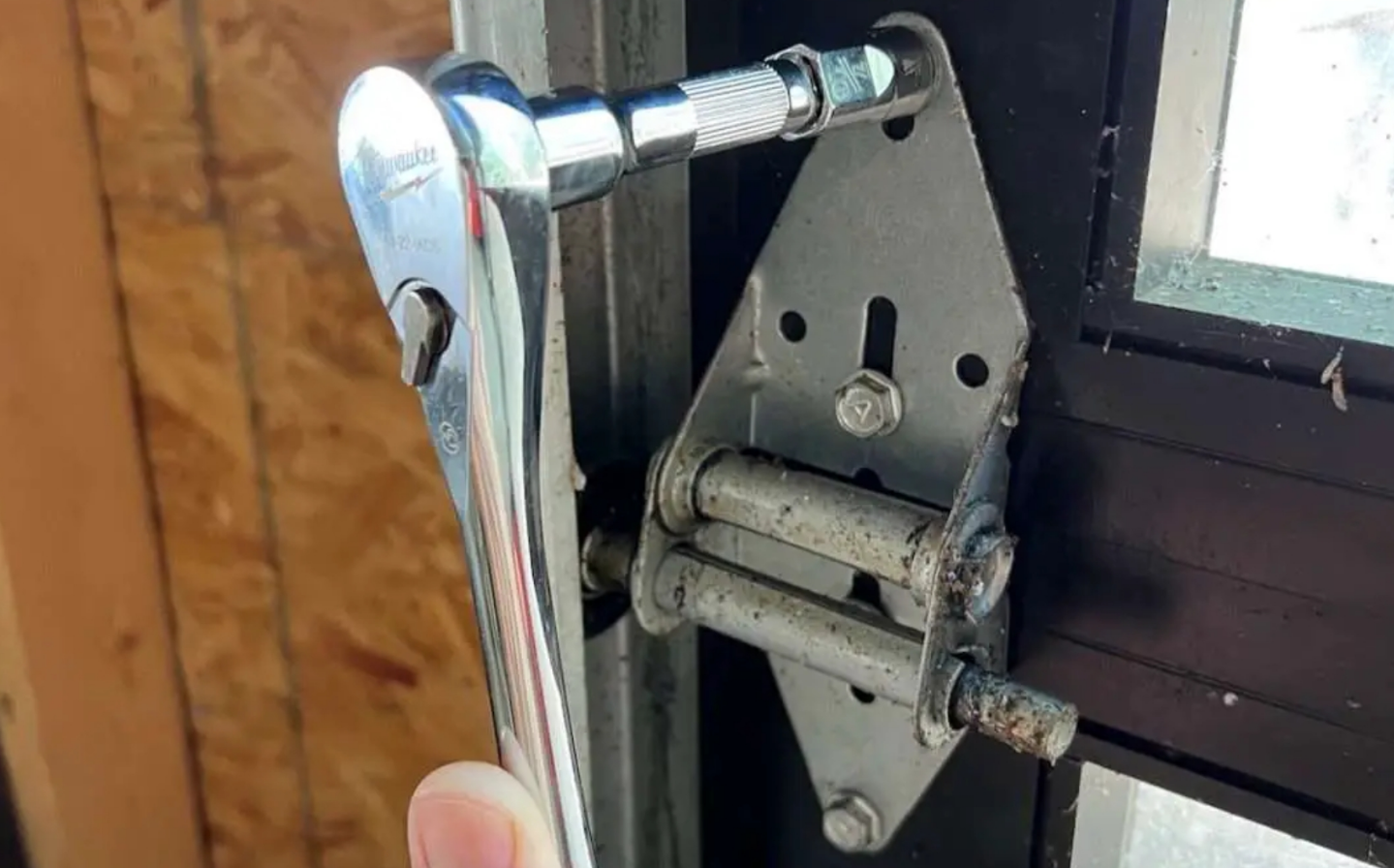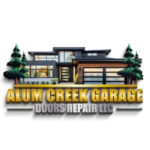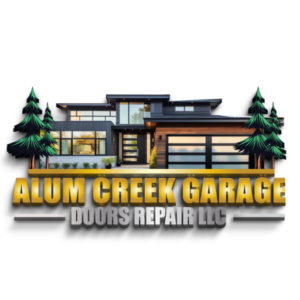Effective Noisy Garage Door Repair Solutions
- COMMERCIAL GARAGE DOOR REPAIR
- GARAGE DOOR OPENER INSTALLATION
- GARAGE DOOR SPRING REPAIR
- SAME-DAY GARAGE DOOR REPAIR
- CUSTOM GARAGE DOOR
- GARAGE DOOR OPENER REPAIR
- GARAGE DOOR TRACK REPAIR
- GARAGE DOOR CABLE REPAIR
- GARAGE DOOR PANEL REPAIR
- LOCAL GARAGE DOOR REPAIR
- GARAGE DOOR REPLACEMENT
- NOISY GARAGE DOOR FIX
- GATE REPAIR
- GARAGE DOOR INSTALLATION
- GARAGE DOOR SECTION REPLACEMENT
- OVERHEAD GARAGE DOOR REPAIR

Effective Noisy Garage Door Repair Solutions
A noisy garage door can be an annoying problem that disrupts the peace of your home. The constant rattling, squeaking, or grinding sounds can indicate underlying issues that, if left unchecked, might lead to larger problems down the line. But don’t worry! This blog will walk you through the key culprits behind a noisy garage door, easy DIY noisy garage door repair tips, and preventive measures to keep your garage door operating smoothly.
Understanding the Culprits Behind the Noise
Identifying Common Sources of Garage Door Noise
Garage doors are complex systems with numerous moving parts, and noise can arise from a variety of sources. Some common causes include:
- Lack of lubrication on hinges, tracks, or rollers.
- Loose hardware such as bolts or screws on the tracks, rollers, or springs.
- Worn-out rollers made of metal or plastic that produce friction as they move.
- Unbalanced doors, which strain the motor or create uneven operation.
Understanding these common culprits is key to addressing what’s making all that noise.
When to Consider Professional Help
While some repairs are simple, others require professional expertise. If your noisy garage door involves broken springs, damaged cables, or malfunctioning openers, it’s best to get in touch with an experienced technician. Attempting to fix these problems yourself can be dangerous and may worsen the situation.
DIY Solutions for a Quieter Garage Door
Lubrication Techniques for Garage Doors
One of the easiest ways to fix a noisy garage door is to apply lubricant to its components. Use a silicone-based lubricant or garage door-specific spray and focus on these areas:
- Rollers and hinges
- Tracks and springs
- The chain or screw drive of your opener
Make sure to wipe away any debris or old grease before applying the lubricant. This helps reduce friction and ensures smooth operation.
Tightening Loose Hardware
Over time, the vibration of a moving garage door can loosen its bolts and screws. Regularly inspect these areas and use a wrench or socket set to tighten loose components. Be sure not to overtighten, as this could damage parts of the system.
Preventive Measures for a Quieter Garage Door
Regular Maintenance Tips
- Inspect and clean your garage door and its components every six months.
- Watch for rust or wear and replace parts as needed.
- Test the balance of the door regularly to prevent motor strain.
These consistent efforts will help extend the life of your garage door and keep noise to a minimum.
Upgrading Garage Door Components
If you’re still dealing with a persistent noisy garage door, it might be time to upgrade a few components. For instance:
- Swap out old, metal rollers for nylon rollers that create less friction and operate more quietly.
- Upgrade your opener to a belt-drive system, which is quieter than chain-driven models.
These updates may require an investment but significantly reduce noise levels and improve performance.
Solve Your Noisy Garage Door Problems with Ease
A noisy garage door doesn’t have to disrupt your day. By understanding the causes, tackling simple DIY repairs, and committing to regular maintenance, you can enjoy a smoother, quieter garage door for years to come.
However, for complex repairs or upgrades, it’s always best to trust the experts. For reliable and professional service, contact Alum Creek Garage Doors Repair today. We’ll fix your noisy garage door and restore peace to your home in no time!

